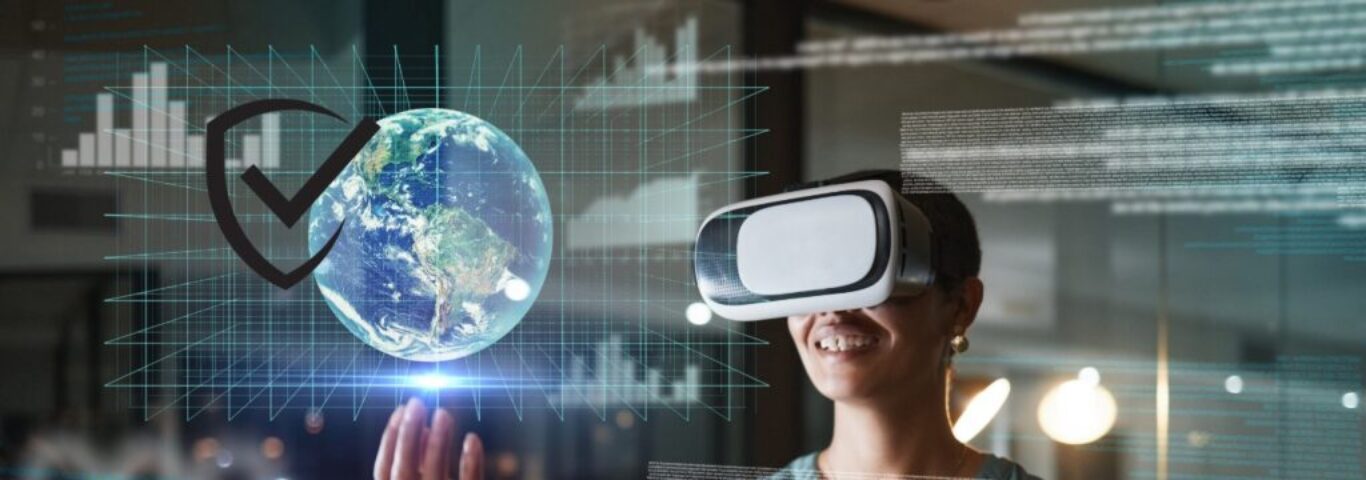Understanding AI and Privacy Risks

Saritha K
Let’s be honest—Artificial Intelligence (AI) isn’t some far-off, futuristic concept anymore. It’s already woven into the fabric of our everyday lives and workplaces. Whether it’s your favourite music app suggesting a new playlist, your email finishing your sentences, or your virtual assistant setting reminders, AI is quietly doing a lot behind the scenes.
And while it’s exciting (and honestly, pretty convenient), there’s something we all need to talk about: privacy.
AI Is Everywhere – Even If You Don’t Realize It.
Most of us use AI without even thinking about it. Siri, Alexa, Netflix, Google Maps—yep, all powered by AI. And in the workplace, it’s popping up in even more places:
-
Screening job applications
-
Handling customer service chats
-
Detecting fraud
-
Analysing business data
-
Summarizing long documents or generating content
The thing is, AI doesn’t just run on code—it runs on data. And some of that data can be very personal. Where Privacy Risks Creep In!!!
Here are a few ways AI can put your privacy at risk, often without you even realizing it:
1. You might be sharing Private Data: People accidentally share confidential information when using a chatbot to make our job easy which may include work email or personal email for drafting, health report for interpretation, our travel report for summarizing, our biodata for formatting or improving. The AI chatbot works only with huge data which we upload.
2. Your data might not be fully anonymous: Even if names and emails are stripped out, clever AI systems might still find a piece of information to find someone. Example: Barcode on the report, UHID, Location etc.,
We would sometimes even paste something into an AI tool to just to get a quick answer. Using unapproved AI tools at work without official oversight can lead to serious data leaks.
3. AI-generated data or reports are not always accurate. A few of our trainees uploaded case studies into an AI tool and received completely incorrect responses. One of my friends used the tool to interpret a lab report and ended up with a wrong diagnosis. Another friend requested a personalized diet chart, but the AI-generated plan did not meet her specific needs. These outputs are often generalized, based on historical data from the AI’s repository, and lack the customization required for individual cases.
So, what should we do?
We don’t have to stop using AI—but we should use it responsibly. Here are some simple but powerful ways to protect your privacy:
1. Increase your awareness: Understand how AI tools work, what kind of data they collect, potential risks. A little awareness goes a long way. Create a digital hygiene practice.
2. Use Approved Tools or Licensed versions: If you’re using AI at work, make sure it’s been vetted by your organization or get the licensed copies. Avoid copying sensitive data into random free tools.
3. Be Smart About Your Data: Before you share anything with an AI platform, ask yourself: “Would I be okay if this got out?” If the answer is no, don’t share it.
4. Be Aware of the Regulations: AI vendors use your data to train future models. Always read the privacy policies. And follow regulations like GDPR, HIPAA or DPDP Act.
5. Use AI—But Use It Wisely: AI can be your good friend. It can save you time, reduce manual work, and even spark creativity.
6. Treat AI suggestions as a starting point and not the final answer. Human supervision is essential.
7. Always Verify with experts especially for medical, legal, or technical decisions.
By staying informed and mindful, we can enjoy the benefits of AI without putting our data or anyone else’s at risk.
Because in the end, it’s not just about technology. It’s about trust.



